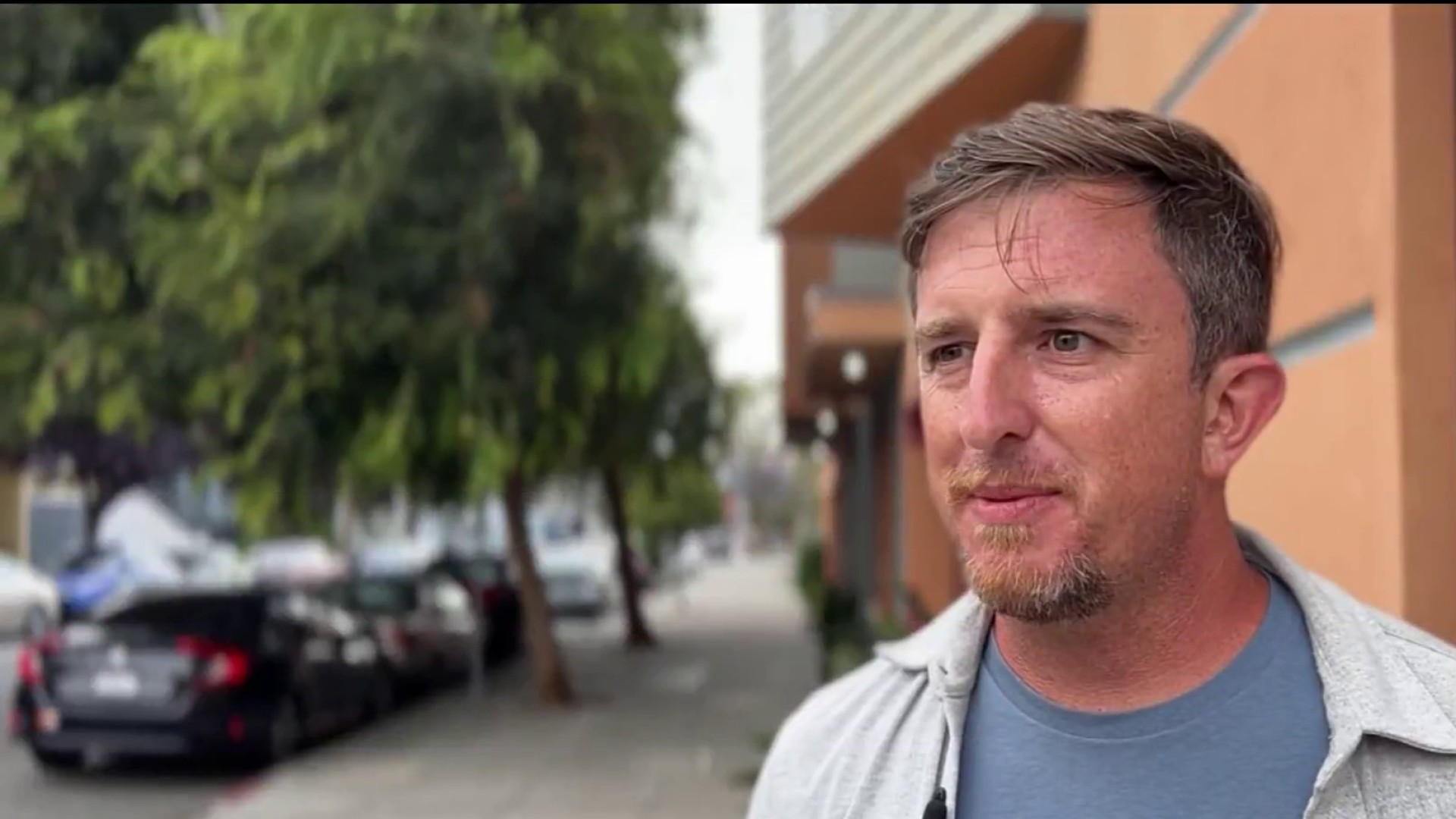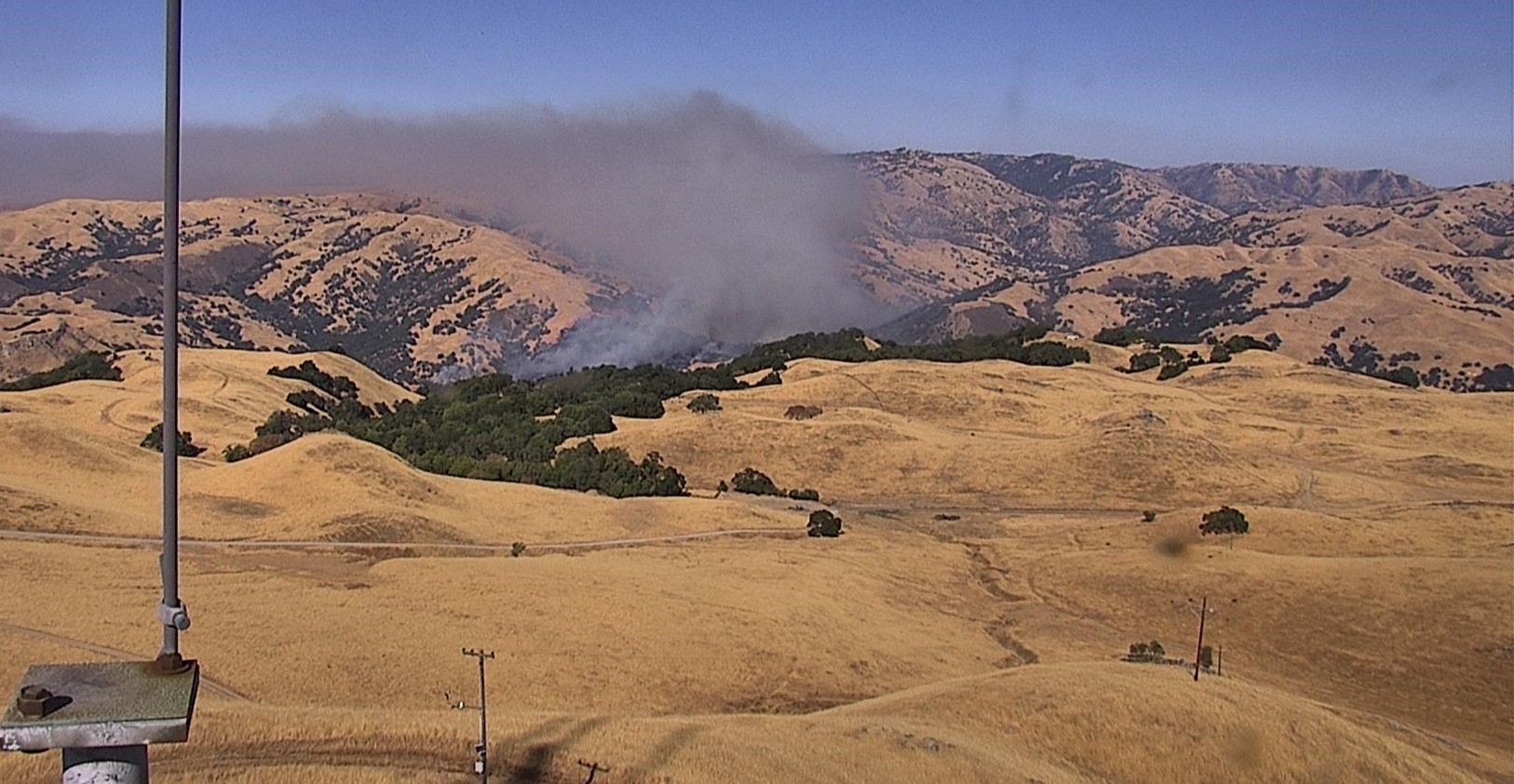As thousands of demonstrators chanted slogans and waved placards outside, California's highest court on Thursday skeptically grilled lawyers seeking to overturn the state's ban on gay marriage.
Gay rights advocates urged the court to overturn the ban, approved in November as Proposition 8, on the grounds that it was put before voters improperly, or at least prematurely. Under state law, the Legislature must approve significant constitutional changes before they can go on the ballot.
NBC Bay Area Blog from outside the courthouse:
Proposition 8's sponsors, represented in court by Whitewater prosecutor Kenneth Starr, argue that the ballot initiative was approved correctly. They argue it would be a miscarriage of justice for the court to overturn the results of a fair election.
The ballot initiative, which passed with 52 percent of the vote, changed the California Constitution to trump last year's 4-3 Supreme Court decision that legalized gay marriage. The court found that denying same-sex couples the right to wed was an unconstitutional civil rights violation.
Minutes into the proceedings, the justices peppered lawyer Shannon Minter, arguing for gay-rights advocates, with tough questions over how the 14 words of Proposition 8 represent a revision of the state's constitution or a denial of fundamental rights.
Chief Justice Ron George asked what rights were lost other than being able to label their union as a marriage.
Justice Joyce Kennard noted that voters had successfully overturned a Supreme Court ruling that the death penalty represented cruel and unusual punishment.
Local
"Life is, at least in my view, a fundamental right," Kennard said.
Raymond Marshall, an attorney for minority groups such as the NAACP, replied that death penalty applies to all Californians.
"I think what you are overlooking is the very broad powers of the people to amend the constitution," Kennard told Marshall as he finished up his arguments. The groups Marshall represents argue that if voters can take the right to marry away from gays, they could also deny other minorities their rights.
The Supreme Court heard arguments on three points: Is Proposition 8 invalid because it constitutes a revision of, rather than an amendment to, the California Constitution? Does it violate the separation of powers doctrine under the California Constitution? And, if it's constitutional, does it affect the 18,000 marriages of same-sex couples performed in the 4½ months before it passed?
Justice Carlos Moreno pointed out that Proposition 8 states that marriage "is" limited to a man and a woman.
"I know people can argue over what 'is' means," Moreno said.
"The language has to be unequivocal," replied San Francisco deputy city attorney Therese Stewart, arguing to overturn Proposition 8. "I don't think that's the case here."
Rallies Held Outside
Outside, gay marriage rights supporters and opponents held signs lobbying the justices to take their side.
Dana Tibbits, who drove 400 miles from her home in Ventura County to join the crowd of Proposition 8 supporters, said she there for the "approximately 7 million voters whose voices need to be heard."
"I'm concerned about the justices, the weight of our vote and the weight of our decision," Tibbits said.
On the other side, Ronald Cruz, 31, a law student at UC Berkeley, said he wanted the measure overturned.
"The rallies and marches make it clear we are not taking second class treatment anymore and that is what drives court decisions on civil rights," he said.
On Wednesday night, several thousand people marched from San Francisco's Castro District to City Hall to demonstrate public support for invalidating Proposition 8.
The Supreme Court's seven justices have 90 days after the oral arguments in which to issue a ruling.



